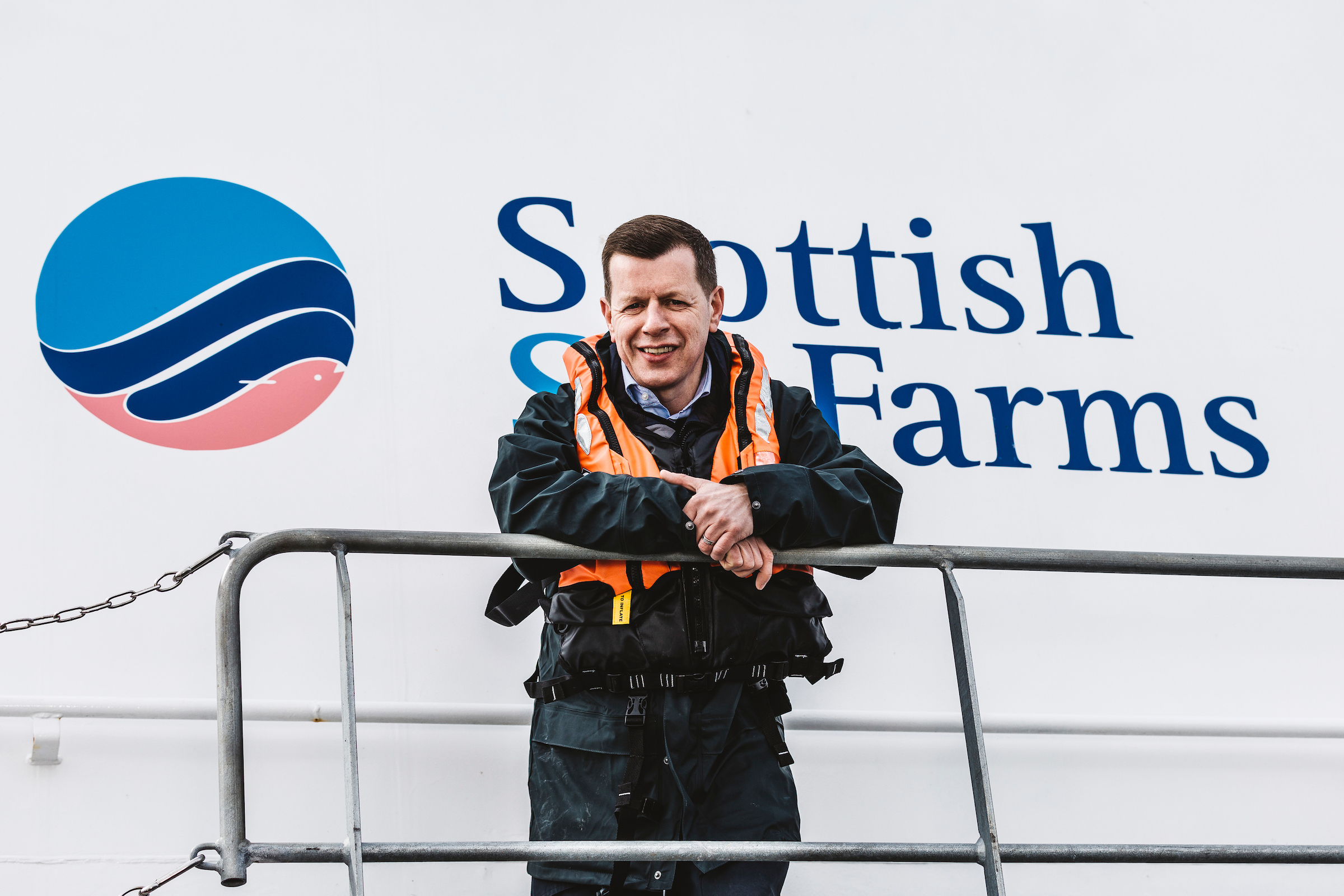Scottish Sea Farms makes case for Wester Ross site

Scottish Sea Farms says that its proposed facility off Wester Ross will take full account of the needs of the Wester Ross marine protected area (MPA).
Responding to an objection lodged by the Scottish Wildlife Trust, Scottish Sea Farms’ managing director Jim Gallagher said: “It’s absolutely right that sensitive habitats and species be protected and we’ve taken great care from the outset to ensure there’s no overlap between the proposed farm and priority marine features such as the maerl beds and other marine plants and animals they are home to. Several of our farms are already located in marine protected areas – our nearby farms at Tanera and Fada included – proving that, with responsible and sympathetic farm management, both can co-exist.”
Scottish Sea Farms has applied for permission for a site close to Horse Island in the Summer Isles, which lies within the Wester Ross MPA in north west Scotland. The original proposal has been scaled down to eight pens with a biomass of 1,100 tonnes, in compliance with the introduction of a new modelling system from the Scottish Environmental Protection Agency (SEPA). The original proposal had been for 14 pens and a biomass of 1,973 tonnes.
The company stresses that a full and thorough environmental impact assessment has been prepared by independent environmental consultants Aquatera, with full consideration of the MPA, and will be made publicly available at the next stage of the consultation process. It adds that when MPAs were first designated in Scotland, in most cases in areas where the marine habitat was deemed to be in good condition, many were at sites where salmon farms were already operating.
Gallagher said: “By exercising due diligence at each step of process, our aim is deliver a win-win outcome for the Summer Isles community: the creation of highly skilled, highly paid jobs and modern apprenticeships, while at the same time protecting its healthy marine environment for generations to come. In terms of the wider environment meanwhile, the new farm would enable us to provide more healthy, nutritious seafood via one of the lowest carbon farming sectors there is.
“For now though, the consultation process is very much ongoing, with plenty of opportunity for community input. We welcome that input, we’re listening and we’re keen to address any concerns that might exist.”
Scottish Sea Farms says the new site will create six new full-time jobs, with recruitment from the local community wherever possible, and one to two modern apprenticeship positions, as well as contributing to the local economy through spending on infrastructure and maintenance.

